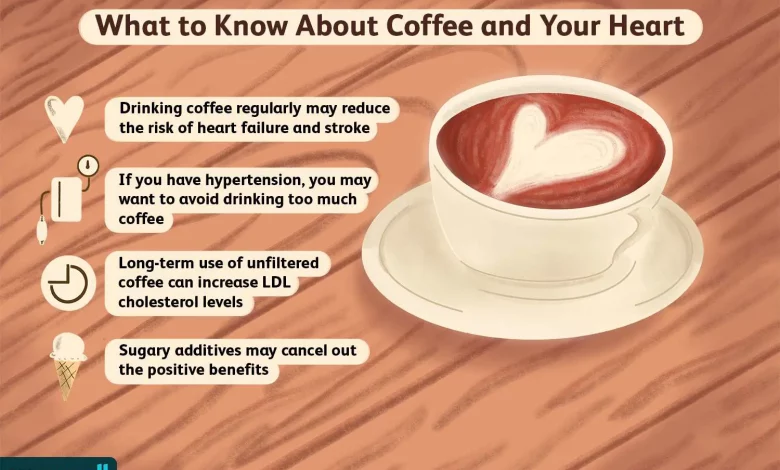
Caffeine, present in coffee, can lead to a brief yet significant surge in blood pressure, irrespective of whether you have high blood pressure or not. The exact reason behind this elevation remains uncertain. The impact of caffeine on blood pressure varies from individual to individual.
- Short-term Effect: Caffeine may induce a temporary increase in blood pressure.
- Individual Variability: Responses to caffeine’s influence on blood pressure differ among individuals.
It’s important to be mindful of your body’s response to caffeine and consult with a healthcare professional if you have concerns about its impact on blood pressure.
Contents
How does caffeine affect blood pressure?
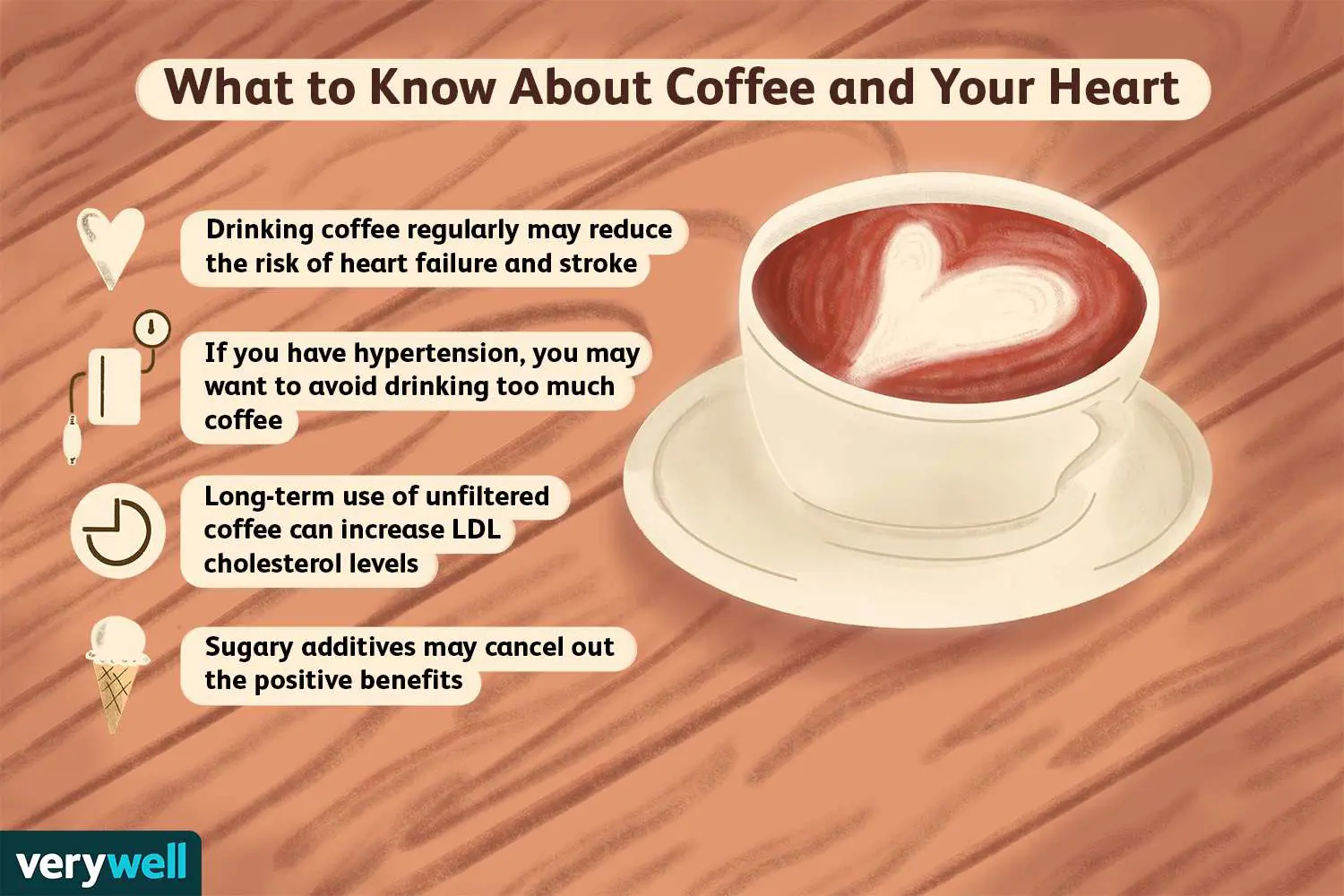
Caffeine prompts a brief elevation in blood pressure (BP) shortly after consumption and for a limited duration thereafter. This effect is attributed to caffeine’s stimulation of the central nervous system and brain. Key points include:
- Immediate Impact: Caffeine causes a short-term increase in blood pressure immediately upon consumption.
- Central Nervous System Stimulation: Caffeine stimulates the central nervous system, blocking adenosine receptors and averting drowsiness.
- Positive Effects: The surge in blood pressure is accompanied by heightened feelings of happiness, alertness, and increased energy levels, contributing to improved performance.
It’s important to be aware of these effects and their potential variations among individuals, especially if there are concerns about blood pressure regulation.
Is coffee good for high blood pressure?
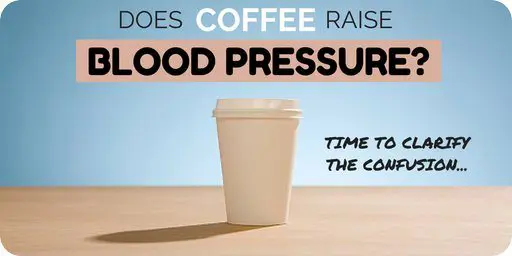
Current research indicates that regular coffee consumption is unlikely to have a significant impact on blood pressure or the overall risk of heart disease for individuals with high blood pressure (2). Surprisingly, coffee may even offer some health benefits. Key points include:
- Limited Impact on Blood Pressure: Daily coffee intake appears to have minimal influence on blood pressure levels.
- Overall Heart Health: Research suggests that coffee is not strongly linked to an increased risk of heart disease for those with high blood pressure.
- Potential Health Benefits: Contrary to concerns, coffee consumption may bring about positive health effects.
Individual responses to coffee can vary, so it’s advisable to consult with a healthcare professional regarding coffee consumption, especially if there are existing health concerns.
Does espresso raise blood pressure?
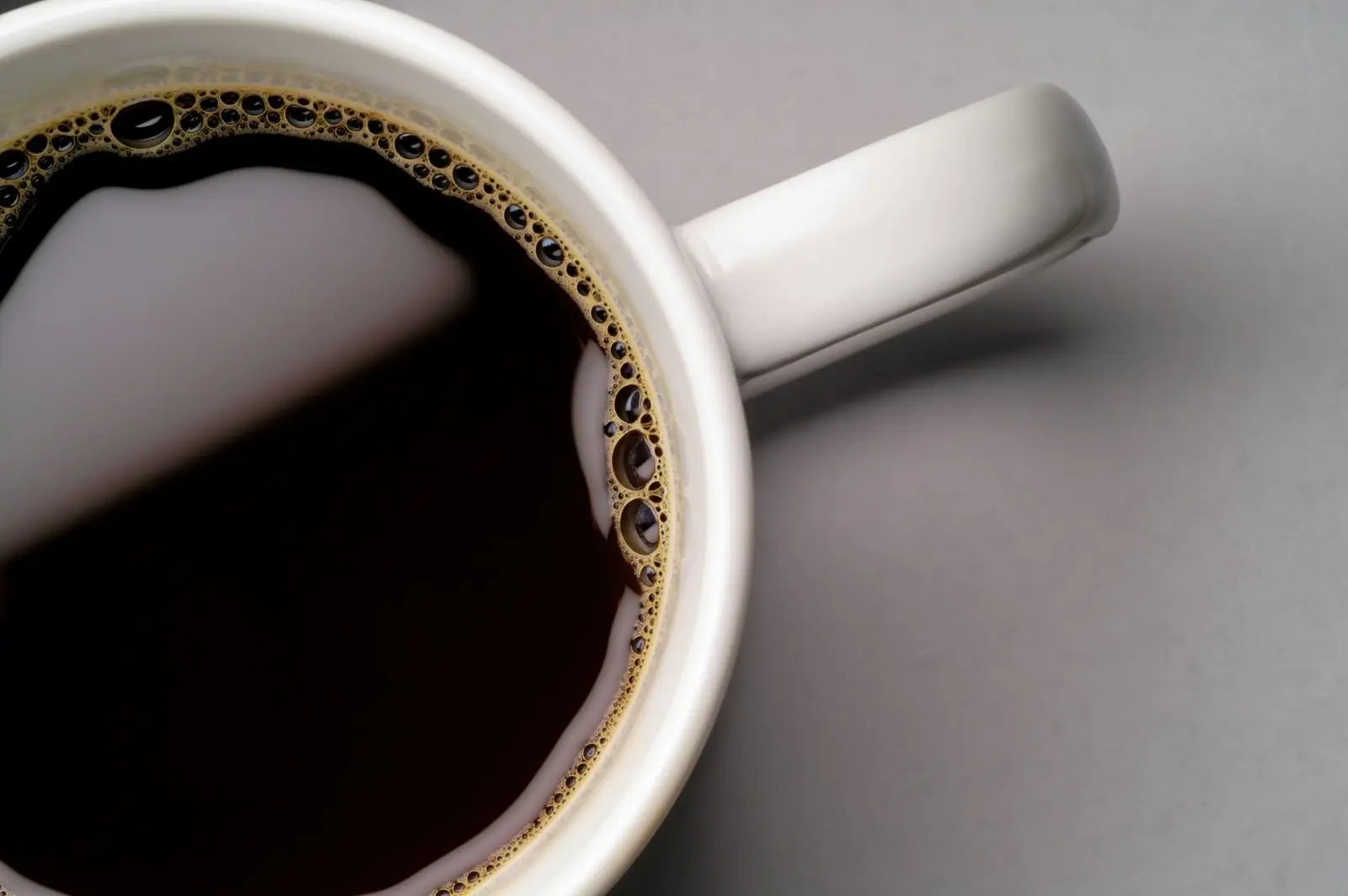
While caffeine often takes the blame for blood pressure elevation, the nuances between espresso and pure caffeine hint at a more complex relationship. This is evident when considering decaffeinated espresso, which, despite not increasing blood caffeine levels, raised the average systolic blood pressure of nondrinkers by 12 mm Hg. Key points include:
- Caffeine and Blood Pressure: Caffeine is commonly associated with elevated blood pressure.
- Espresso vs. Caffeine: Disparities between espresso and pure caffeine suggest additional factors at play.
- Decaffeinated Espresso: Even without a rise in blood caffeine levels, decaffeinated espresso increased average systolic blood pressure, challenging the sole attribution to caffeine.
Understanding the intricacies of espresso’s impact on blood pressure requires consideration of various elements, emphasizing the need for personalized health assessments.
Should you avoid coffee before a blood pressure test?
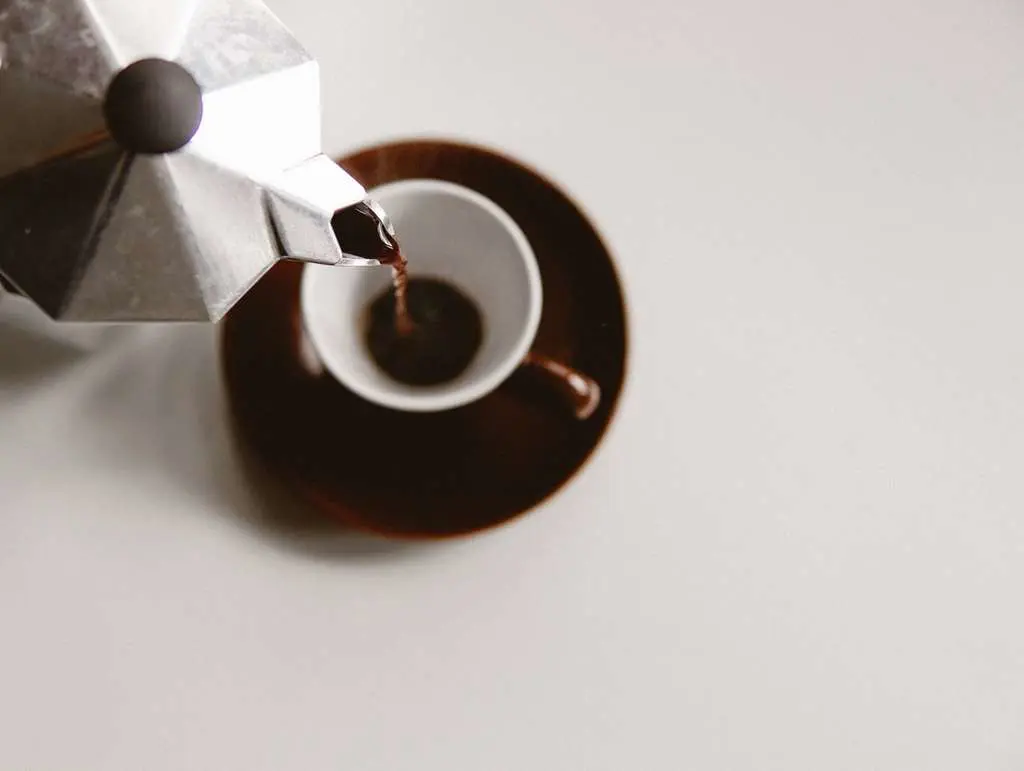
Most doctors recommend abstaining from coffee and other caffeine sources before undergoing a blood pressure test. This standard advice stems from the belief that caffeine can sufficiently elevate blood pressure, potentially disrupting the accuracy of the measurement. Key considerations include:
- Standard Medical Advice: It is widely advised by medical professionals to refrain from consuming coffee or other sources of caffeine before a blood pressure check.
- Caffeine’s Blood Pressure Impact: The precaution is grounded in the understanding that caffeine has the potential to influence blood pressure levels.
- Accuracy Concerns: Avoiding coffee aims to ensure the precision of blood pressure measurements, allowing healthcare providers to obtain reliable data.
Following this advice may contribute to more accurate blood pressure assessments, providing healthcare professionals with reliable information for better-informed decisions.
How long does a cup of coffee affect your blood pressure?
The impact of a cup of coffee on blood pressure unfolds in a distinct timeline. Generally, changes manifest within 30 minutes, peak between 1 to 2 hours, and may endure for over 4 hours. Key points include:
- Onset of Changes: Blood pressure alterations typically commence within 30 minutes of coffee consumption.
- Peak Effect: The peak influence on blood pressure is observed between 1 to 2 hours post-consumption.
- Duration of Effects: The effects can persist for more than 4 hours after drinking coffee.
It’s noteworthy that abstaining from caffeine for just 30 minutes before blood pressure monitoring may not suffice to entirely avoid the potential effects, emphasizing the need for a more comprehensive approach to ensure accurate readings.
Should I stop drinking coffee if I have high blood pressure?

Individuals sensitive to caffeine, especially those experiencing a blood pressure increase of 5 to 10 points within 30 minutes of caffeine consumption, may need to consider reducing their intake. Given the significant caffeine content in coffee, tea, and certain sodas, evaluating lifestyle changes to minimize stress becomes crucial. Key considerations include:
- Caffeine Sensitivity: If you notice a notable blood pressure rise shortly after consuming caffeine, reducing intake may be advisable.
- Caffeine Sources: Coffee, tea, and some sodas contain substantial amounts of caffeine.
- Stress Management: In addition to caffeine adjustments, addressing stress through lifestyle changes is essential.
Individuals with high blood pressure should consult with healthcare professionals to determine personalized strategies for managing caffeine intake and overall well-being.
Is coffee good when BP is high?
While excessive coffee consumption is cautioned due to caffeine’s potential to elevate blood pressure, coffee also harbors compounds with blood pressure-lowering effects. Research suggests that moderate coffee intake may be deemed safe for individuals with hypertension. Key points include:
- Caffeine Concerns: Limiting coffee is often advised as caffeine can contribute to increased blood pressure.
- Beneficial Compounds: Coffee contains compounds known to have blood pressure-lowering properties.
- Moderation is Key: Evidence supports that moderate coffee consumption might be safe for those with high blood pressure.
Individual responses vary, and consulting with healthcare professionals can help determine personalized recommendations regarding coffee intake for individuals managing hypertension.
Is coffee good for low blood pressure?
Consuming coffee, especially alongside meals, can be beneficial for individuals dealing with low blood pressure. Caffeinated beverages, including coffee, are known to contribute to a rise in blood pressure. Consider these points:
- Mealtime Consumption: Having a cup of coffee with meals is recommended.
- Caffeine’s Impact: Caffeine in coffee can help increase blood pressure levels.
- Instant Remedy: For those experiencing low blood pressure, a morning cup of coffee can serve as a quick remedy.
As individual responses to coffee vary, it’s advisable to incorporate such dietary changes cautiously and consult with healthcare professionals for personalized advice on managing low blood pressure.
Can 1 cup of coffee cause high blood pressure?
Consuming a single cup of coffee can lead to a temporary increase in both systolic and diastolic blood pressure, with effects observed as early as 30 minutes after consumption. Key points to consider include:
- Caffeine Impact: The caffeine in coffee may elevate systolic and diastolic blood pressure by up to 15 points.
- Duration of Effect: This effect typically persists for about 4 hours.
- Temporary Nature: Despite the notable increase, it’s crucial to note that this spike is transient and generally not a cause for concern.
Individual responses vary, and while the increase may seem significant, it’s usually within a safe range. Monitoring personal reactions and consulting with healthcare professionals is advisable, especially for those with existing blood pressure concerns.
What is the number 1 drink to lower blood pressure?
Undoubtedly, water stands out as the top choice for promoting overall health and maintaining blood pressure. Enhancing plain water with a splash of flavor, such as lemon or lime, not only makes it more enjoyable but also offers additional health benefits. These citrus fruits are recognized for their potential to reduce blood pressure, making them a refreshing and beneficial addition to your daily hydration routine.
What lowers blood pressure fast?
To swiftly lower blood pressure without medication, consider these practical tips:
- Deep Breathing: Taking deep breaths and consciously relaxing can counteract the effects of stress and anxiety, effectively lowering blood pressure.
- Stress Management: Addressing stress is crucial, and learning breath exercises that slow the heart rate can promote overall relaxation.
Incorporating these practices into your routine may offer immediate benefits in managing and reducing blood pressure levels. As with any health-related changes, consulting with healthcare professionals is advisable for personalized guidance.
Understanding the Coffee-Blood Pressure Connection
In conclusion, the relationship between coffee consumption and blood pressure is multifaceted. While the caffeine in coffee can lead to a temporary increase in blood pressure, various factors contribute to individual variations in response. Current research suggests that for many, moderate coffee intake may not significantly impact blood pressure or overall heart health. However, it’s essential to be mindful of personal sensitivities and consider consulting healthcare professionals, especially for individuals with existing blood pressure concerns. As with many aspects of health, moderation and awareness of individual responses remain key in navigating the complex interplay between coffee and blood pressure.





